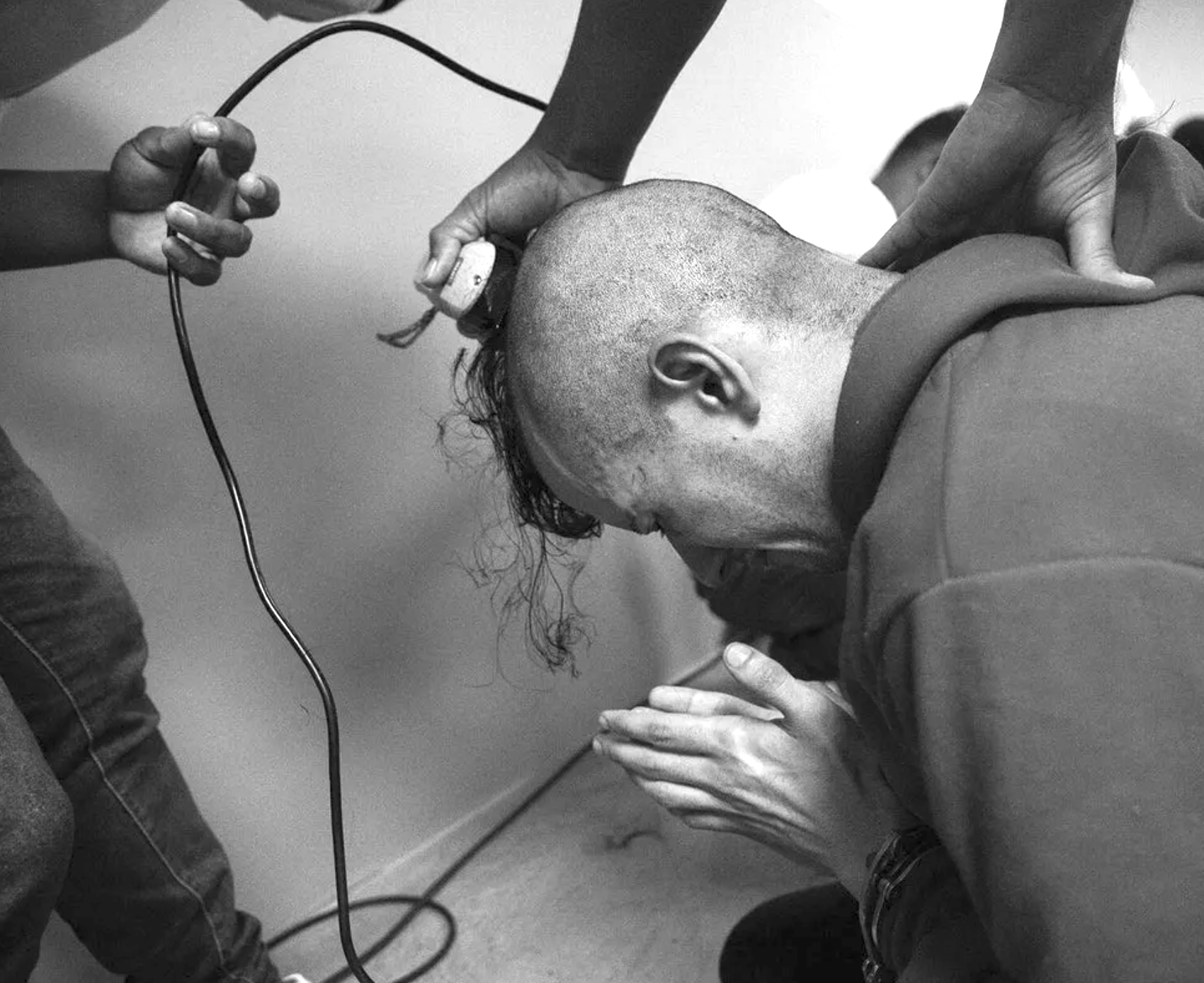
Disposable People: We Are Not Safe
Critical Resistance
04/11/2025
When asked explicitly if the administration was considering sending U.S. citizens to El Salvador’s notorious prisons, Trump didn’t deflect. He didn’t say it was impossible, absurd, or unthinkable. Instead, he openly confirmed that he’d act immediately if the law allowed.
Just recently, Trump openly suggested sending U.S. citizens protesting Tesla to El Salvador’s prisons, further normalizing the previously unthinkable idea of outsourcing punishment and imprisonment of Americans abroad.
This wasn’t a slip-up. It was an intentional message—a trial balloon—to test the public reaction and signal just how far the administration is prepared to go.
El Salvador’s President Nayib Bukele has already made the offer clear: his prisons are open for anyone the U.S. wants to send, explicitly including American citizens and lawful permanent residents. U.S. Secretary of State Marco Rubio confirmed that such an offer exists and that the administration would consider it, subject to “legalities.”
Border czar Tom Homan even floated the idea of deporting entire families—including those with American citizens—as an alternative to family separation.
But constitutional protections make it crystal clear: deporting U.S. citizens is illegal. Citizenship is a birthright protected explicitly by the 14th Amendment. Due process is guaranteed by the 5th Amendment. The Supreme Court itself has repeatedly affirmed these protections. Yet the administration’s careful phrasing—”if it were legal”—hints that legality might soon be negotiable.
This is not just a theoretical threat. Americans have already been wrongfully deported before. In the early 2000s, American citizens like Mark Lyttle were mistakenly deported, trapped in foreign prisons and shelters for months, even years, before proving their citizenship. If the administration has shown anything, it’s that paperwork errors, “administrative mistakes,” and deliberate disregard for due process are all too common. Now imagine those mistakes, but under a system explicitly designed to bypass accountability, judicial review, and constitutional protections.
The line has already been tested—quietly at first, then publicly. The administration has openly asked: What if citizenship didn’t matter anymore? What if constitutional rights were conditional? What if being American no longer guaranteed protection, due process, or even a safe return home?
They haven’t yet acted explicitly—but the idea has now been seeded, publicly and intentionally. And once an idea becomes normalized, the unthinkable quickly becomes policy. History shows clearly: once governments openly discuss stripping citizens of rights or protections, actions soon follow. We are dangerously close to that threshold now.